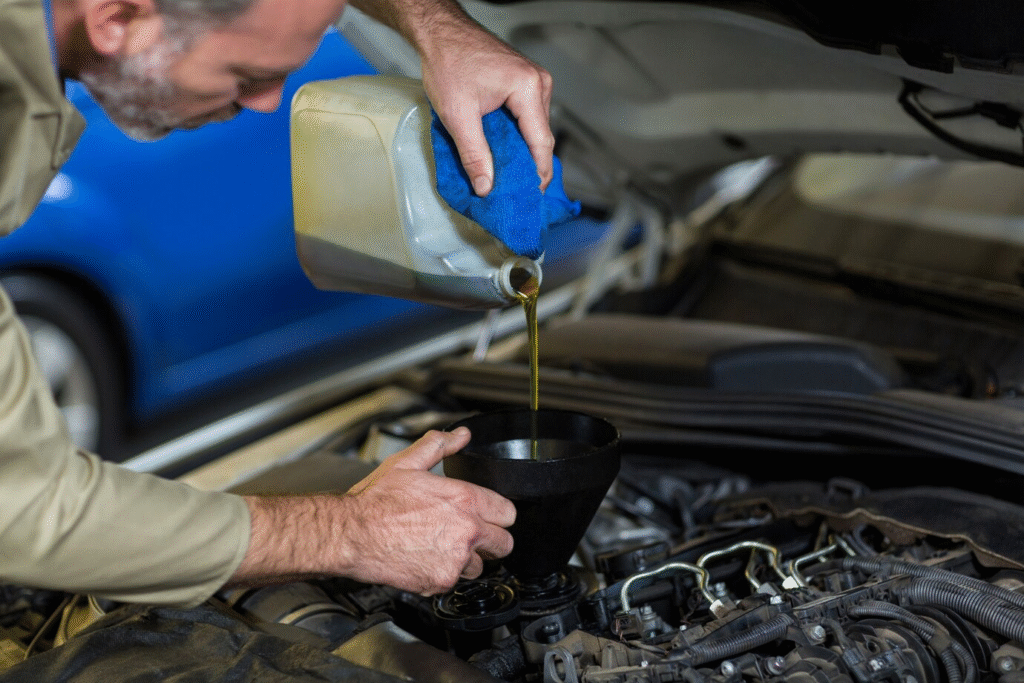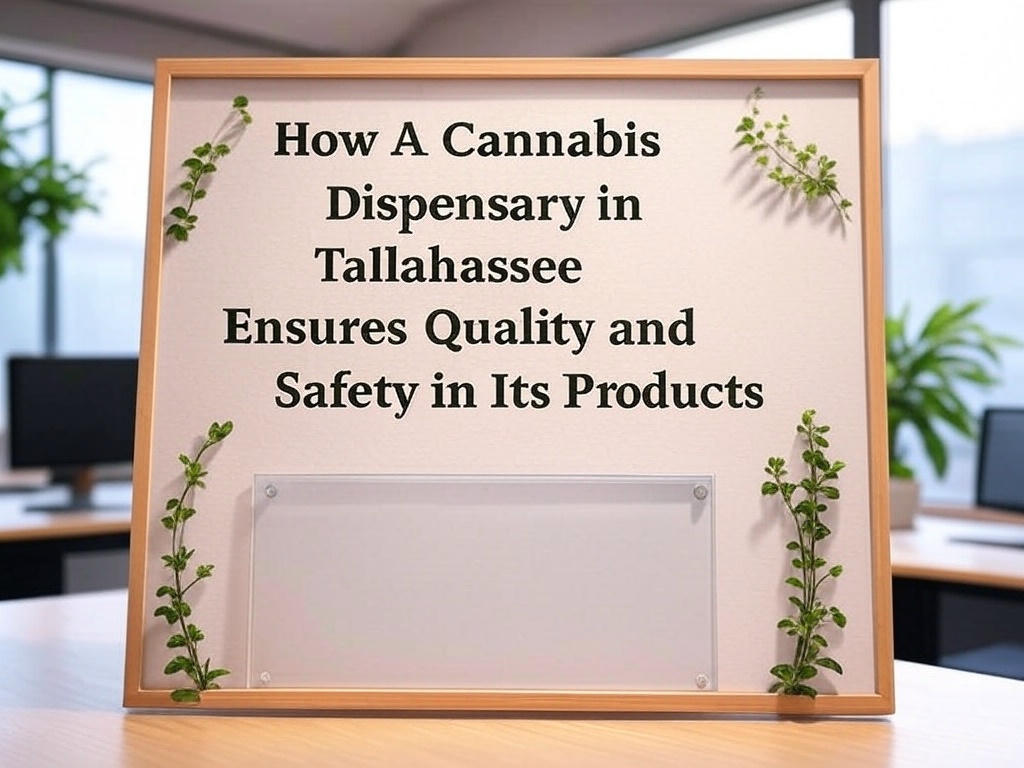Efficiency is not just a benefit but also a need in the cutthroat realm of heavy machinery operations, logistics, and transportation. Whether they are made up of trucks, buses, or construction equipment, fleets are always under pressure to operate at their best while controlling operational expenses. In order to achieve this equilibrium, using high-quality lubricants is an important but sometimes disregarded factor. Premium lubricants provide better performance, protecting engines and components while increasing overall operational efficiency, whereas regular lubricants might just satisfy the bare minimum. Premium lubricants may greatly increase fleet operations’ productivity and profitability by lowering wear and tear, improving fuel efficiency, and minimizing downtime.
Increased Longevity and Engine Protection
Any lubricant’s main purpose is to shield engine parts from wear and friction. Premium lubricants, on the other hand, offer sophisticated compositions that offer higher protection under harsh operating circumstances, going beyond this fundamental function. From long interstate hauls to stop-and-go urban routes, fleets frequently operate in difficult conditions where engines are put under a lot of strain. High-quality lubricants reduce metal-to-metal contact and stop early wear by forming a more stable protective layer on engine parts. By extending engine life, this improved protection eventually lowers the need for expensive repairs or replacements. Fleet vehicles stay in top condition for longer thanks to superior lubricants that protect vital parts like pistons, bearings, and valves.
Enhanced Fuel Economy
Since fuel is one of the biggest expenses for fleet operations, any increase in fuel efficiency is extremely significant. High-quality lubricants are made to lower internal engine friction, which improves engine performance. Measurable fuel savings result from the engine having to work less to get the same level of performance when there is less friction. Over time, even a tiny percentage increase in fuel efficiency can result in significant cost savings for professional fleet services that have tons of clients. Additionally, high-quality lubricants frequently include additives that keep engines clean by avoiding deposits and sludge accumulation, which can reduce fuel efficiency. Fleets can make the most of every gallon of fuel thanks to this combined benefit of lowering friction and keeping things clean.
Decreased Upkeep and Downtime
One of the largest problems fleet managers deal with is unscheduled downtime, which frequently leads to missed deadlines, unhappy clients, and monetary losses. Because they minimize wear, avoid component failures, and ensure smoother engine operation, premium lubricants are essential in lowering the likelihood of breakdowns. Furthermore, vehicles need fewer oil changes because alternative lubricants usually have longer service intervals than conventional products. In addition to lowering maintenance expenses, this allows cars to travel farther between maintenance visits. Premium lubricants assist fleets in preserving operational continuity and averting expensive interruptions by reducing the frequency of maintenance and enhancing overall reliability.
Capacity to Adjust to Adversities
Fleet cars are frequently subjected to harsh weather conditions, large loads, and difficult terrain. Under such circumstances, standard lubricants might find it difficult to retain their protective qualities, which could result in increased wear and possible mechanical problems. Premium lubricants, on the other hand, are designed to function reliably under a variety of operating conditions. Premium lubricants retain their viscosity and protective properties under extremes of heat, cold, or the continuous strain of transporting large weights. Premium lubricants are a crucial option for a variety of fleet applications because of their versatility, which guarantees that engines and other vital parts are well-lubricated and protected despite any difficulties they may encounter.
Long-Term Financial Savings
Premium lubricants are frequently more expensive up front than ordinary alternatives, but can save a lot of money over time. These lubricants reduce overall operating costs by extending service intervals, decreasing engine wear, and increasing fuel efficiency. Additionally, fewer repairs and breakdowns translate into lower labor and replacement part expenses. These savings add up quickly for big fleets, so investing in high-quality lubricants is a wise financial move. Premium lubricants not only pay for themselves when considering total cost of ownership, but they also help to increase fleet operations efficiency and profitability.
A number of interrelated factors contribute to fleet efficiency, and lubricant selection is a key component of this equation. High-quality lubricants offer better protection, increase fuel economy, lower maintenance requirements, and guarantee dependability even in the most demanding working environments. Their long-term advantages make them a wise investment for any fleet looking to reduce costs and increase performance, even though their initial cost may be higher. Fleet managers can attain streamlined processes, reduced expenses, and eventually a stronger competitive advantage in their sector by integrating high-quality lubricants into their maintenance plan.




